KINGDOM OF CHILDHOOD
a Steiner Waldorf School, Bangalore





a Steiner Waldorf School, Bangalore





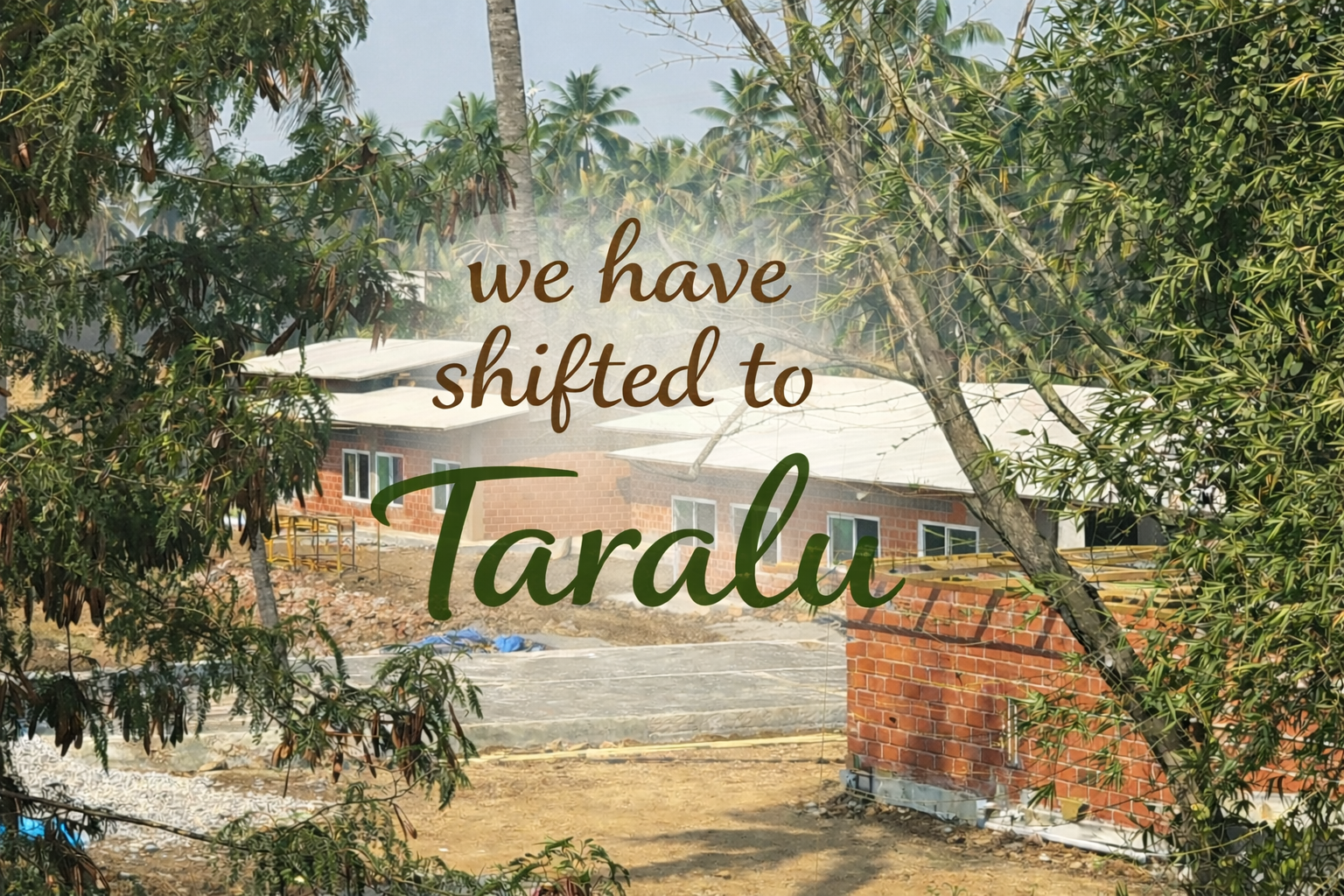
Waldorf Philosophy, developed by Austrian philosopher Rudolf Steiner, is an educational approach that focuses on the holistic development of the child—intellectually, emotionally, and physically. It emphasizes creativity, imagination, and hands-on learning, integrating academics with arts, music, movement, and practical activities. Inspiring creativity, fostering critical thinking and cultivating a deep connection to the world is the core aspect of this philosophy.
The curriculum in Waldorf schools is designed to align with the natural developmental stages of children, encouraging independent thinking, social responsibility and a deep connection to the world. Waldorf Philosophy aims to cultivate well-rounded individuals who are capable of making meaningful contributions to society.

Dr Rudolf Steiner developed Anthroposophy as a path of inner development and gave practical indications for nearly every field of human endeavour - Art, Architecture, Drama, Science, Agriculture, Medicine, Curative education & Social order. His indications for education have come to be known as ‘Steiner Waldorf philosophy’.
He began to sow the seeds of his spiritual realizations for social transformations through extensive writings, lectures and countless private consultations. The seeds later germinated and took roots in the hearts and minds of countless new-age thinkers. After his death in 1925, many of his direct students & others who were inspired by his way of thinking have continued his work & transitioned it into a steadily growing movement, unknown and unseen by most people. Today, there are more than 2000 Waldorf schools across the world with more than 20 in India.
Key principles of the Waldorf philosophy
1. Holistic Development Waldorf education aims to develop the whole child—head (thinking), heart (feeling), and hands (doing). This balance ensures that students grow not only intellectually but also emotionally and physically.
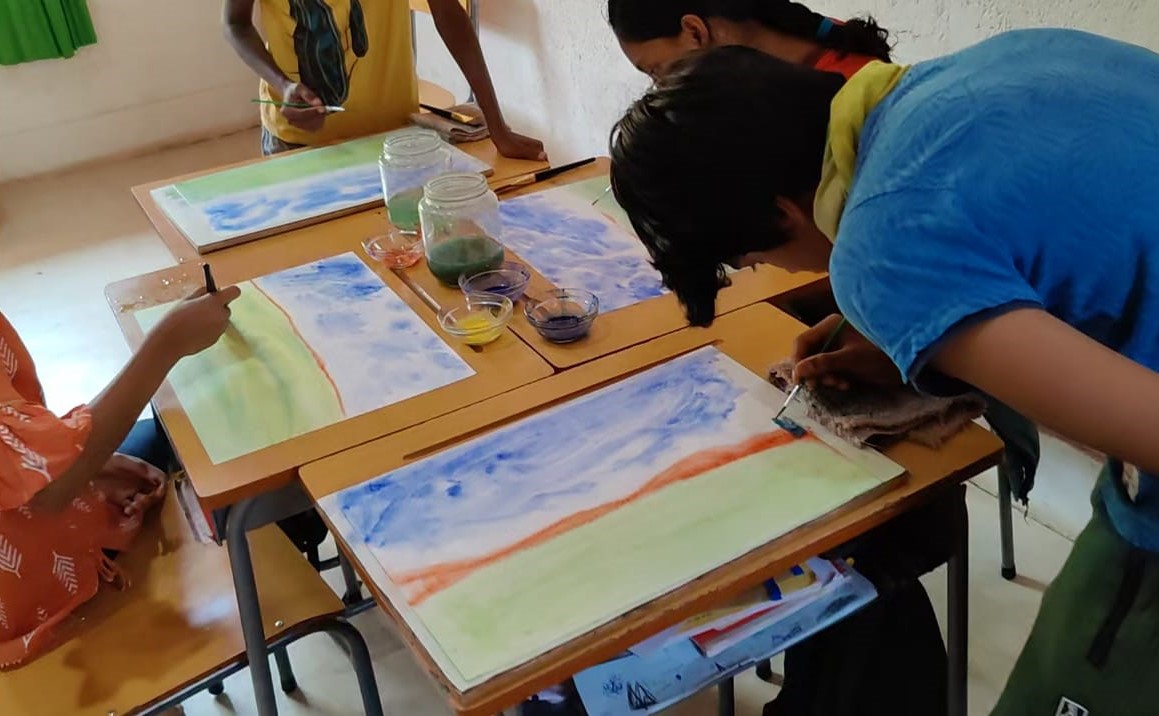
2. Developmental Approach Waldorf education recognizes distinct developmental stages in a child's life. Its pedagogy is based on the idea that children go through distinct developmental phases. The curriculum is tailored to align with these stages, ensuring that the educational content and methods are age-appropriate to meet the needs of each stage of child development. The early years emphasize play and imagination, while academic instruction becomes more prominent in later stages.
3. Imaginative, Creative & Experiential Learning Imagination plays a central role in Waldorf education. Artistic activities like drawing, painting, music, and storytelling are woven into daily lessons, fostering creativity and a love for learning. These creative practices support intellectual growth while nurturing emotional intelligence. Learning by doing is a cornerstone of the Steiner approach. Hands-on activities, outdoor education, and practical skills are emphasized to help children connect with the material on a deeper level.
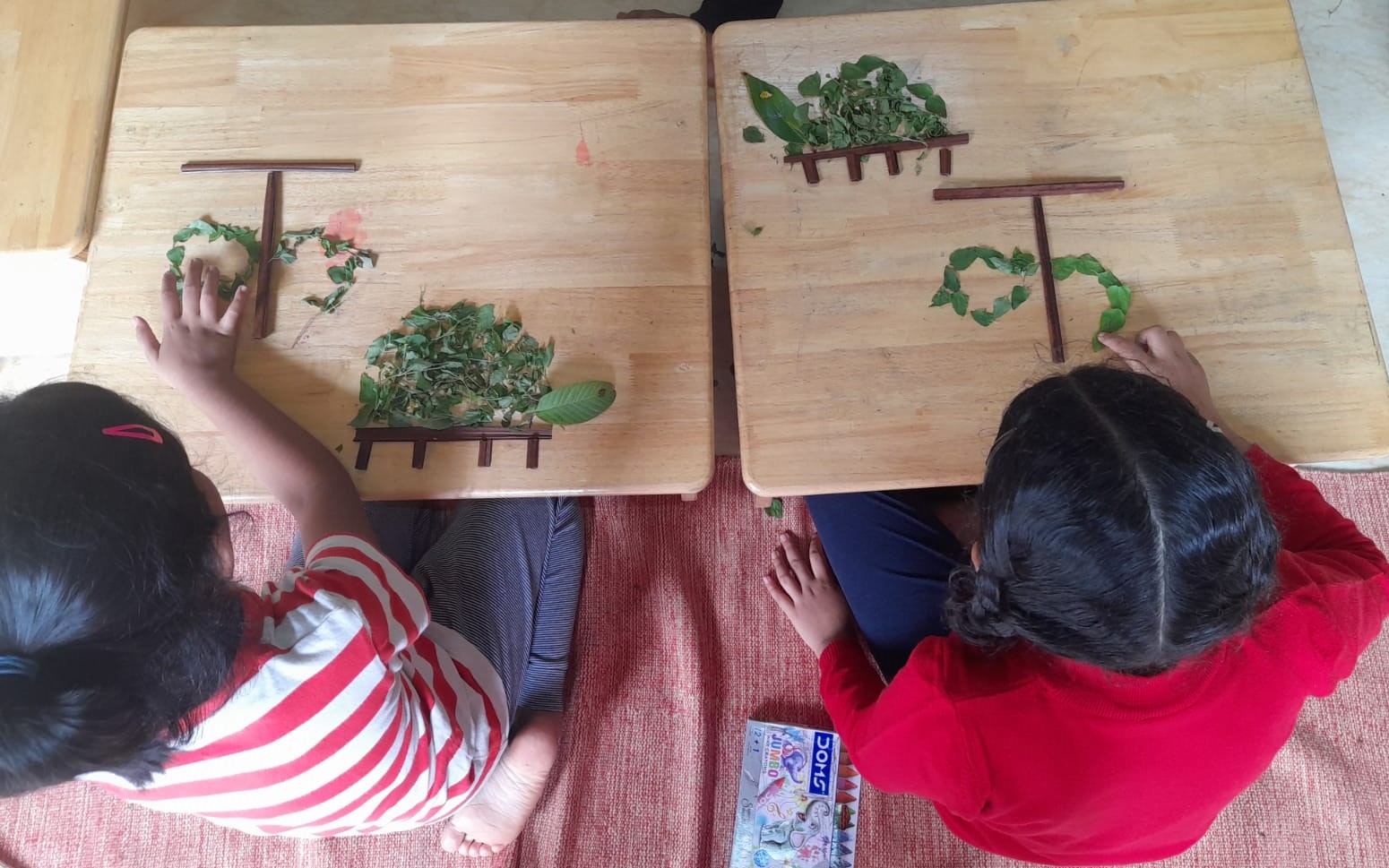
4. Connection with Nature Waldorf philosophy emphasizes a deep connection to nature, encouraging outdoor play, farming & gardening activities. This instils a sense of respect for the environment and helps children understand natural cycles, fostering sustainability and environmental stewardship.
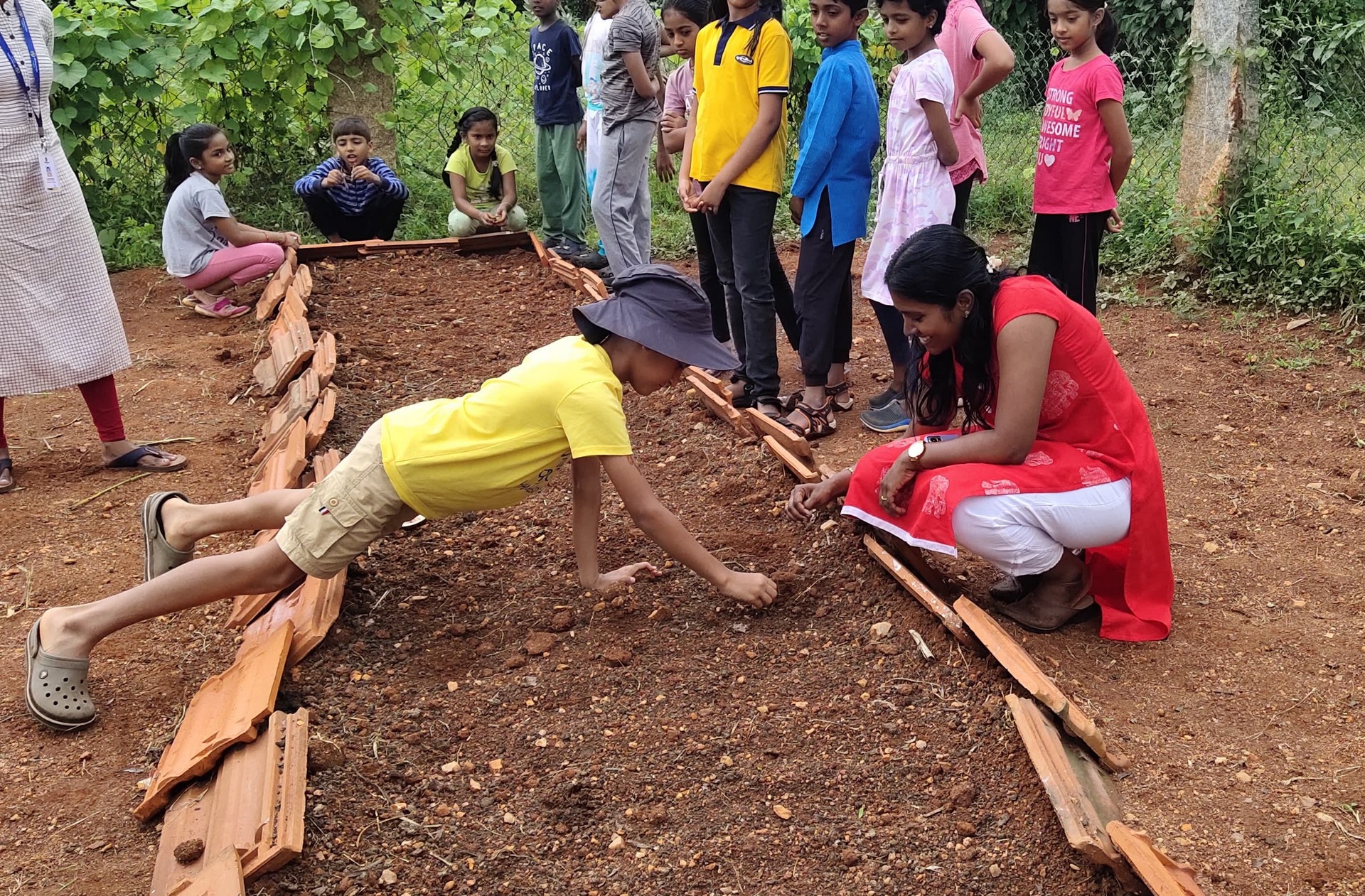
5. Teacher as a Guide Steiner education values long-term relationships between teachers and students. In Waldorf schools, teachers stay with the same class for several years, forming strong, supportive relationships with students. They serve as role models and guides, helping students navigate their academic journey and personal growth.

6. Rhythm and Routine Daily, weekly, and seasonal rhythms play an important role in Waldorf schools. The curriculum is structured to follow the natural rhythms of the day, week, and year, which helps students feel secure and fosters a sense of order and balance in their lives. These routines provide a sense of security and structure, helping children feel more grounded.
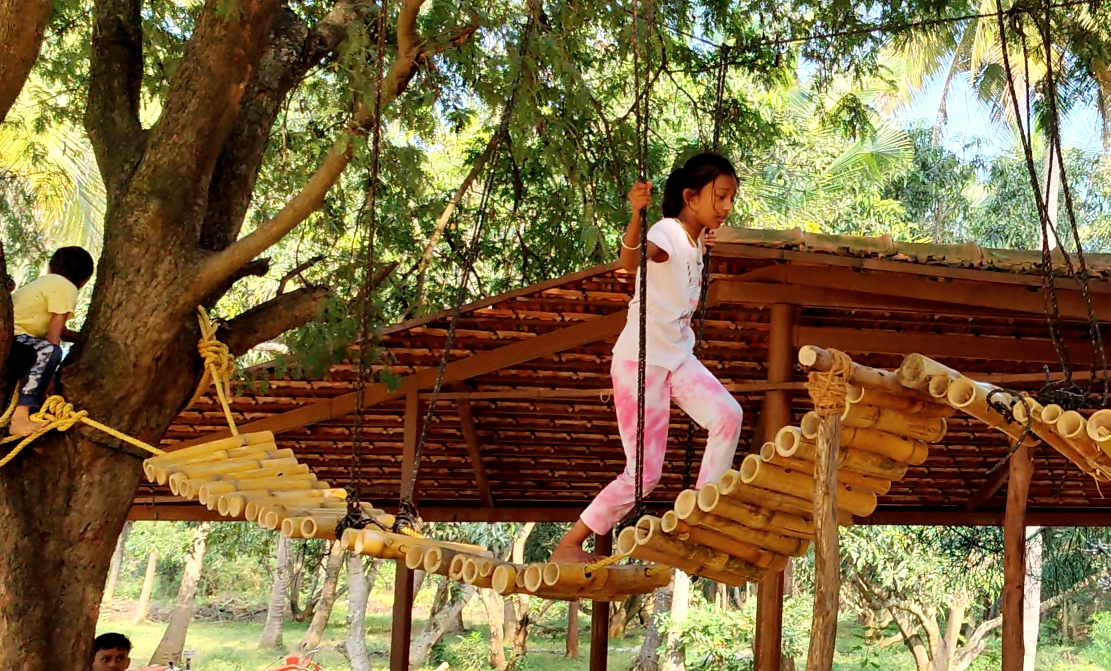
7. Minimal Use of Technology Waldorf philosophy discourages the early use of technology, such as computers and screens, in favour of hands-on, experiential learning. The belief is that young children benefit more from direct human interaction and physical activity, which supports their sensory and cognitive development.

8. Individualized Learning Waldorf schools recognize that every child is unique, with individual strengths, challenges, and learning styles. The teaching is personalized, allowing each student to develop at their own pace.
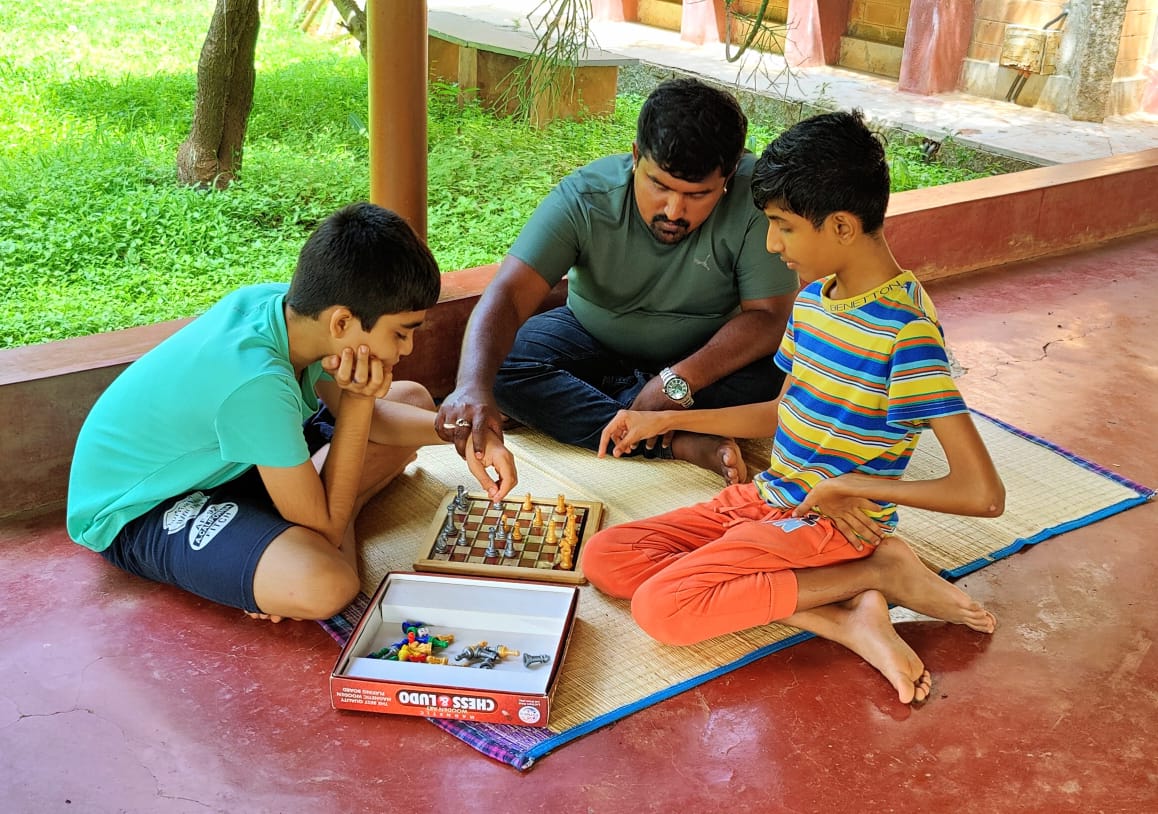
9. Community and Social Skills: Emphasis is placed on building a sense of community within the classroom and school. Cooperative activities and social responsibilities are encouraged to develop social skills and a sense of belongingness.

10. Beautiful Human beings: The goal of Waldorf education is to raise socially responsible, creative and independent thinkers who are deeply connected to themselves, others and the world.
Kingdom of Childhood caters to the educational needs of children
through three different disciplines at two different campuses in Bangalore.
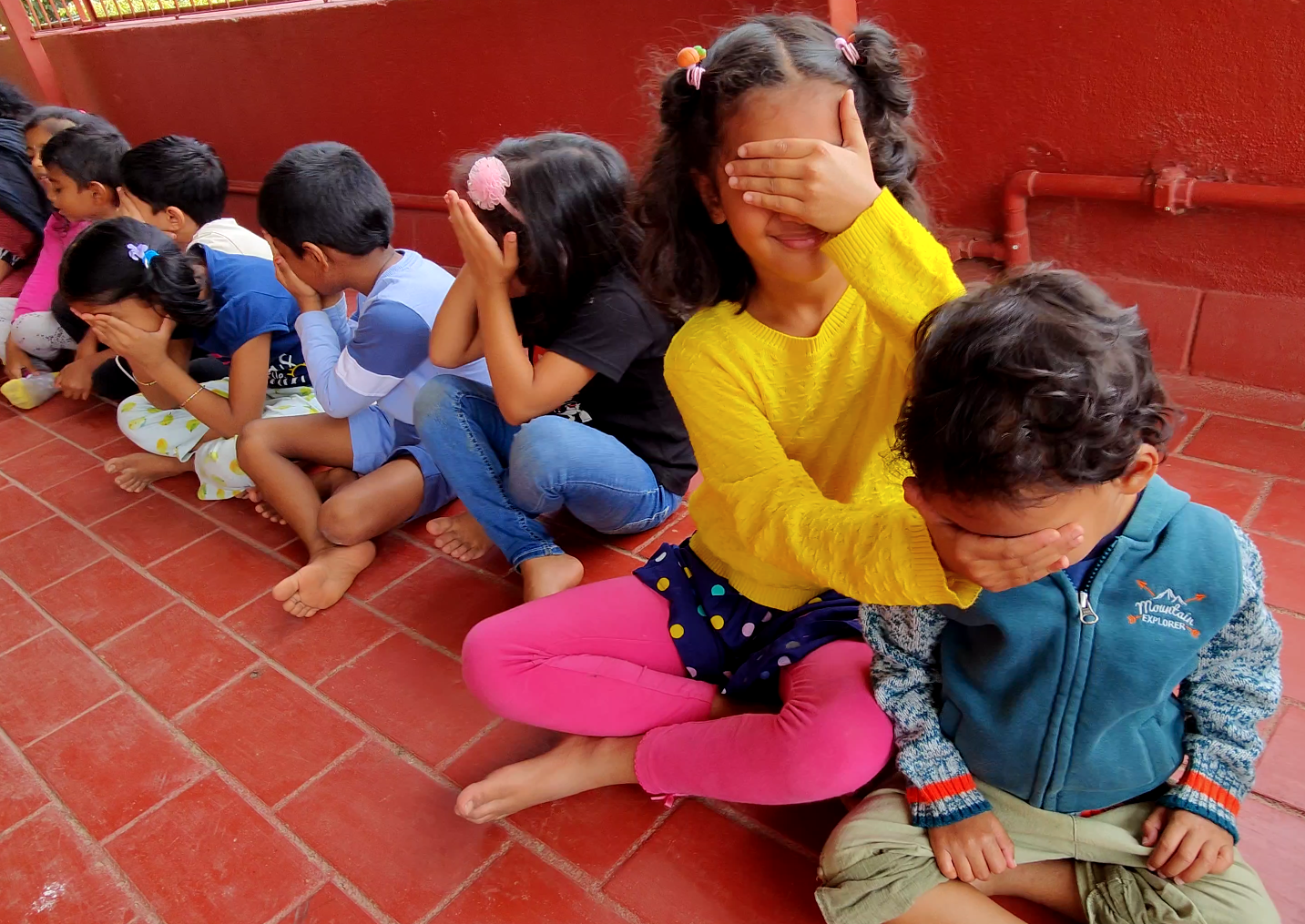
Waldorf Kindergarten at both
JP Nagar & Somanahalli(off Kanakapura Road) campuses
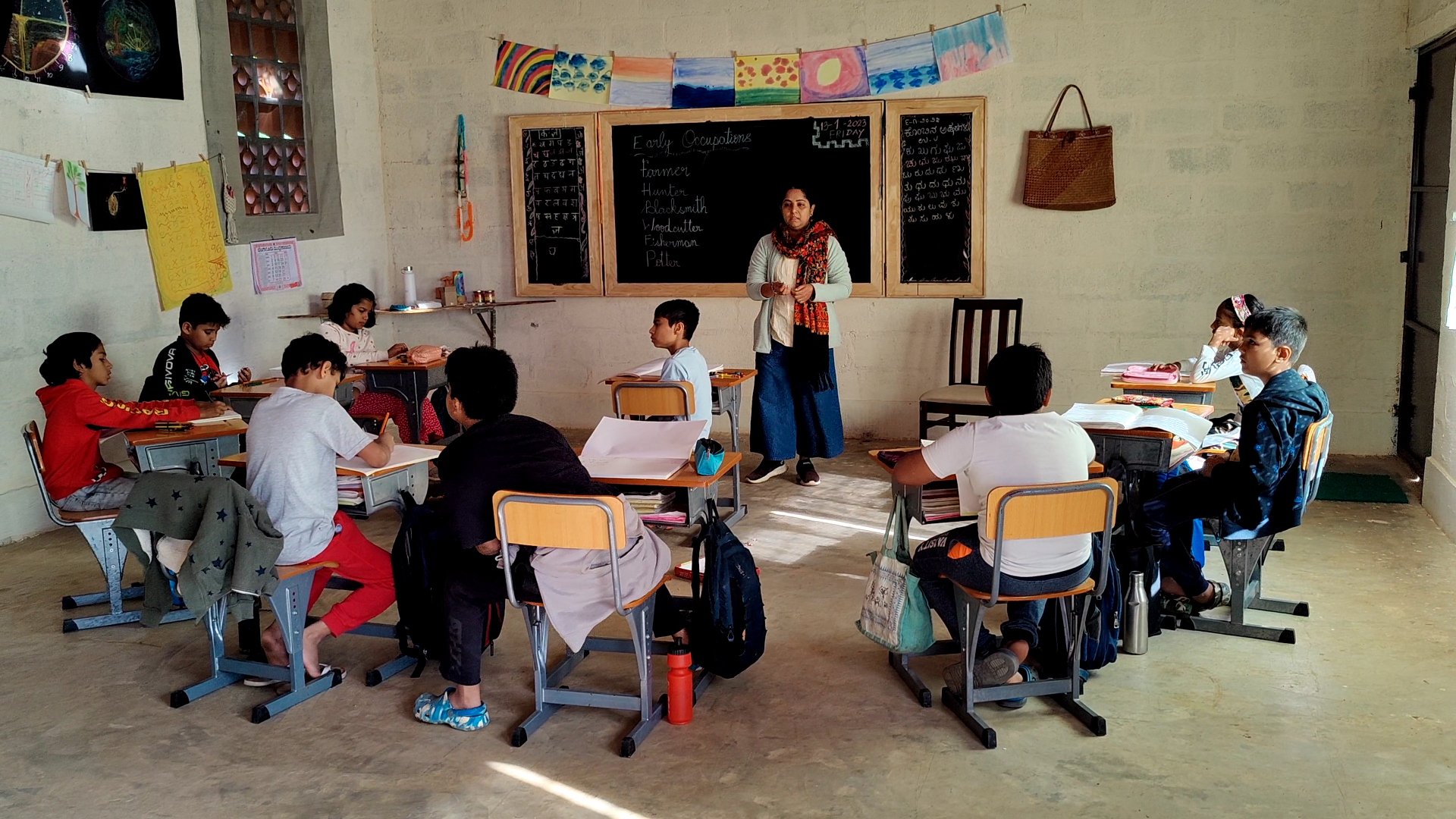
Waldorf Grade section currently up to Grade 6 (2024 - 25) at our Somanahalli campus. We started Waldorf Grades in the year 2018 & has been adding one grade each year and will continue until Grade 10

Steiner curative section for children with special needs at both JP Nagar & Somanahalli campuses